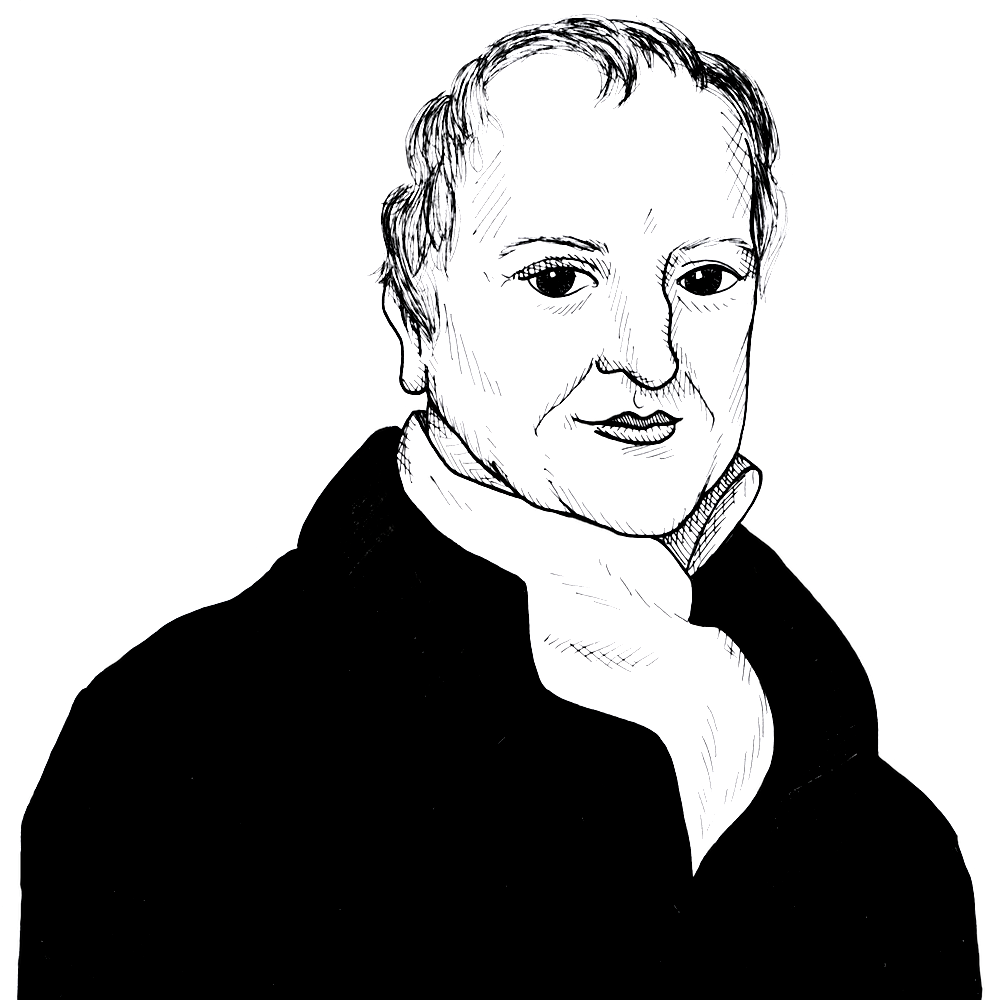
David Ricardo and the Happiness of a Country
Found in: The Works of David Ricardo (McCulloch ed. 1846, 1888)
David Ricardo lived in turbulent times. As the wars against Revolutionary France became known, the Napoleonic Wars lasted a generation, even if they started before Napoleon Bonaparte entered the fray.
Economics
One argument used by a very enlightened member of Parliament, during a late discussion on the rate of interest charged by the Bank, was rather a singular one: he said that the Bank of France, and other banks on the Continent, lent at a low rate, and therefore the Bank of England should do so. I can see no connexion between his premises and conclusion. The Bank of France ought to be governed by the market rate of interest and the rate of profits in France; the Bank of England by the market rate of interest and the rate of profit in England. One may be very different from the other. From the whole of his argument, I should infer that he considered a low rate of interest, in itself, beneficial to a country. The very contrary, I imagine, is the truth. A low rate of interest is a symptom of a great accumulation of capital; but it is also a symptom of a low rate of profits, and of an advancement to a stationary state; at which the wealth and resources of a country will not admit of increase. As all savings are made from profits, as a country is most happy when it is in a rapidly progressive state, profits and interest cannot be too high. It would be a poor consolation, indeed, to a country for low profits and low interest, that landlords were enabled to raise money on mortgage with diminished sacrifices. Nothing contributes so much to the prosperity and happiness of a country as high profits. (FROM: ON PROTECTION TO AGRICULTURE: Section V.: On the Effect produced on the Price of Corn by Mr Peel’s Bill for restoring the Ancient Standard.)